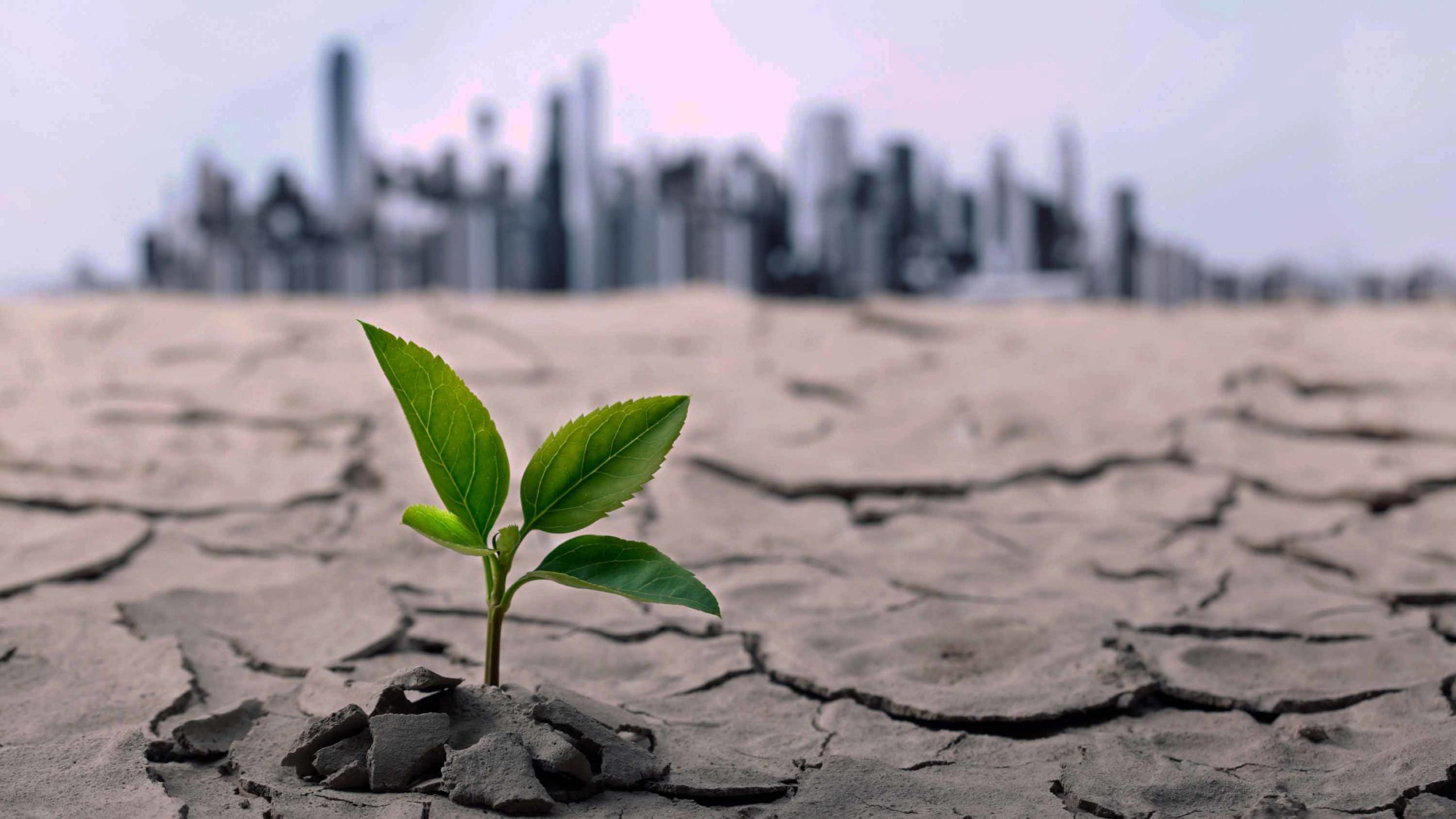International financial experts at the Association of African Development Finance Institutions (AADFI) have projected that Africa could suffer a substantial economic setback, losing around $30 billion in Gross Domestic Product (GDP) by 2030 due to the adverse impacts of climate change on the continent.
Thabo Thamane, the head of AADFI, conveyed this warning during a three-day forum in Abuja. He stressed the urgency of addressing climate change to prevent potential losses that could amount to approximately 15% of Africa’s GDP by 2050 if not mitigated.
In Thamane’s words, “Africa is estimated to lose 5% to 15% of its projected GDP by 2050 with a projected climate adaptation cost of $10 billion to $30 billion annually by 2030.” He emphasized the global ramifications of climate change, pointing out that no region is immune to its effects. Examples include shifting rain patterns and increased temperatures leading to extreme rains in Latin America.
Despite Africa contributing only 4% to global greenhouse emissions, it is poised to be the most affected by climate change. The continent, as reported by the African Development Bank, is highly vulnerable to the negative impacts of climate change, resulting in issues like food insecurity, deteriorating natural ecosystems, and conflicts.
In 2022 alone, approximately 110 million people in Africa were affected by weather, water, and climate-related problems, leading to a $8.5 billion loss. According to UNEP-commissioned research, the cost of adapting to climate change in Africa could soar to $50 billion per year by 2050.
The African Development Bank estimates that Africa will require around $3 trillion in investments by 2030 to effectively mitigate and adapt to climate change, aligning with the Nationally Determined Contribution (NDC). As climate change continues to pose a significant threat, urgent and substantial efforts are needed to safeguard Africa’s economic growth and sustainability.











